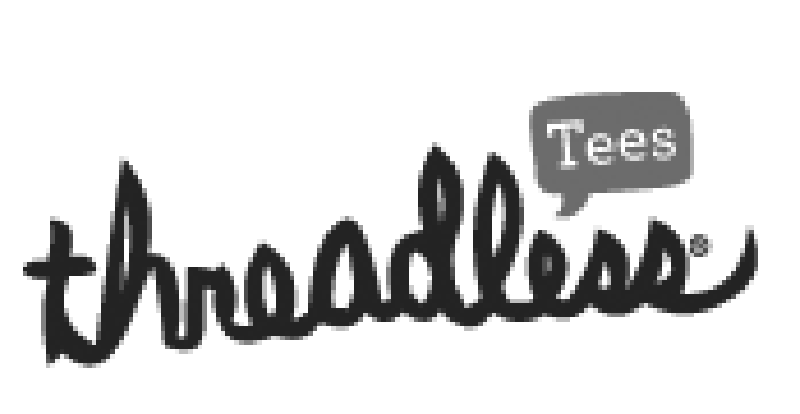 |
Pinterest is the current darling of social media, having joined Facebook (which is having its own problems—see story above) and Twitter as one of the Big Three social platforms for brands. Marketers and communicators are clearly excited by Pinterest, and why shouldn’t they be? As of January 2012, Pinterest began driving more traffic to retail Web sites than Google+, LinkedIn, Reddit and YouTube combined. And 21% of U.S. Pinterest users say they have purchased a product after seeing it on Pinterest, says a PriceGrabber study.
PINTEREST WITH LOVE
So what’s not to like? Well, a few things. Marcy Massura, digital supervisor at Weber Shandwick, likens the current state of brands’ relationships with Pinterest to a love affair. “In the fall we fell in love with Pinterest,” says Massura. “That’s always the most exciting part.” Now, though, marketing and PR pros are trying to decide if the platform is sustainable, and are discovering some problems with Pinterest: namely the lack of measurement tools and the issue of spam, says Massura.
“Measurement is an important hole that needs to be filled before brands can invest significantly in Pinterest,” she says. Third-party measurement tools like Pinpuff (a kind of Klout for Pinterest that provide a number from 1-100 that indicates your “pinfluence”), PinME (which allows you to track your content that has been pinned by others) and Repinly (which analyzes Pinterest users and content) are useful, but are not in the same league with the internal analytics engines of Google or Facebook. The spam issue, in fairness to Pinterest, is being addressed, says Massura.
Then there’s the 800-pound gorilla in the room—or on the Pinterest board: its terms of service, which states one can’t pin or repin any content that doesn’t belong to you. “That’s in direct conflict with Pinterest’s goal,” says Massura. And it’s a reason why plenty of brands are still on the sidelines, waiting for this issue to play out.
The content issue aside, Pinterest is exceedingly simple and effective, says Maxwell Gillingham-Ryan, founder of Apartment Therapy, the online home design destination that has found success on Pinterest (see the mini case study). “The best thing about Pinterest is it’s a big, nice and easy-to-use platform,” says Gillingham-Ryan.
It’s so easy to use that many brands have a considerable Pinterest presence without being signed up on the site—people simply pin their content for them.
But this simplicity may not last forever, something that Gillingham-Ryan is concerned about. “Ben [Silbermann, Pinterest co-founder and CEO] has not really monetized the site yet. And if he does, I’m afraid that might mess Pinterest up,” he says.
But for now, Pinterest does remain fairly pure, and if you haven’t fully explored the platform yet, here are three points from Massura to consider before you do:
• Pinterest is the No. 1 listening tool. “Even if you don’t have one Pinterest board, you should be on the platform every day looking for people who are talking about your category or brand,” says Massura. So find your brand promoters and take 10 minutes to discover everything that they like. “If you don’t do this it’s a missed opportunity,” she says.
• Don’t go “all marketing” on Pinterest. The platform discourages self-promotion, says Massura. “Instead of trying to get around that, be respectful of that wish,” she says. Connecting with consumers in authentic ways tells consumers that you “get them.”
• You don’t have to go in big to succeed. A complicated strategy is not needed for Pinterest, says Massura. “Even a few boards can drive big success,” she says.
PINTEREST PECKING ORDER
At present, Massura agrees that Pinterest belongs with Twitter and Facebook in the Big Three. She pushes clients with no social media presence toward Facebook first, and says Twitter and Pinterest are “neck and neck” for second place. “It comes down to what the company sells and who they target,” she says.
With Twitter, the conversation has changed drastically in the last several months, and authentic results are hard to get, Massura says. So at least for now, with Pinterest, what you see (remember, it’s a visual platform) is what you get. PRN
[Learn more about Pinterest and other social platforms from at the PR News Social Media Summit June 21-22 in New York City (www.prnewsonline.com/social-media-summit-taste-of-tech/).]
CONTACT:
Marcy Massura, [email protected]; Maxwell Gillingham-Ryan, @maxwellat; Jess Hanebury, [email protected].
Follow Scott Van Camp: @svancamp01


